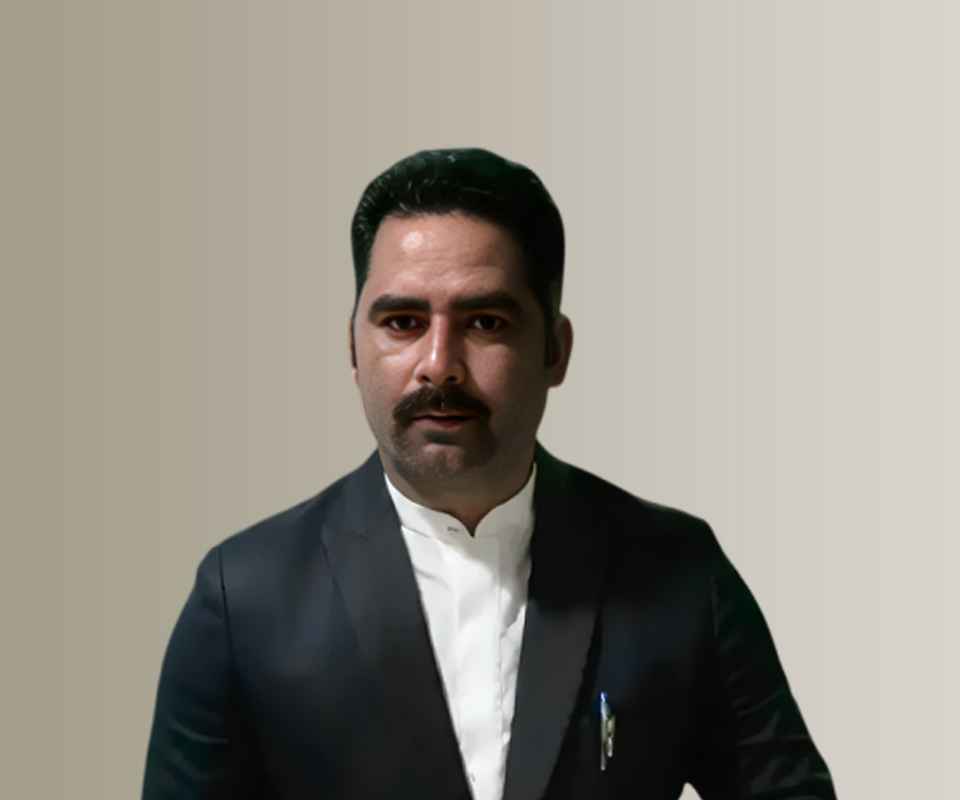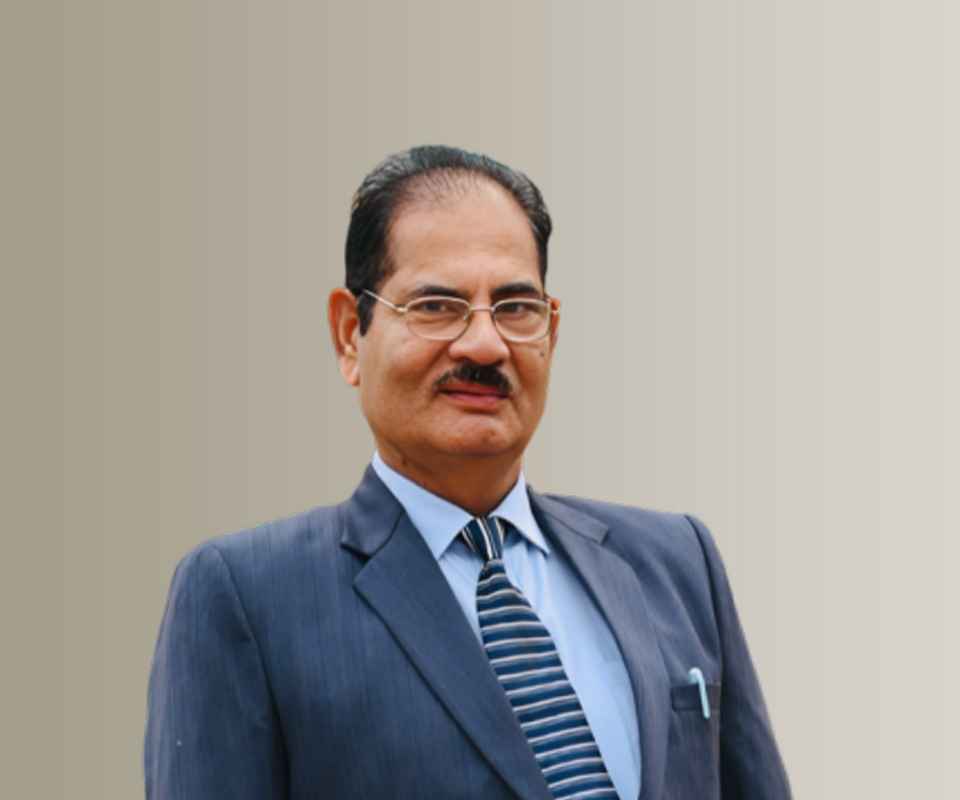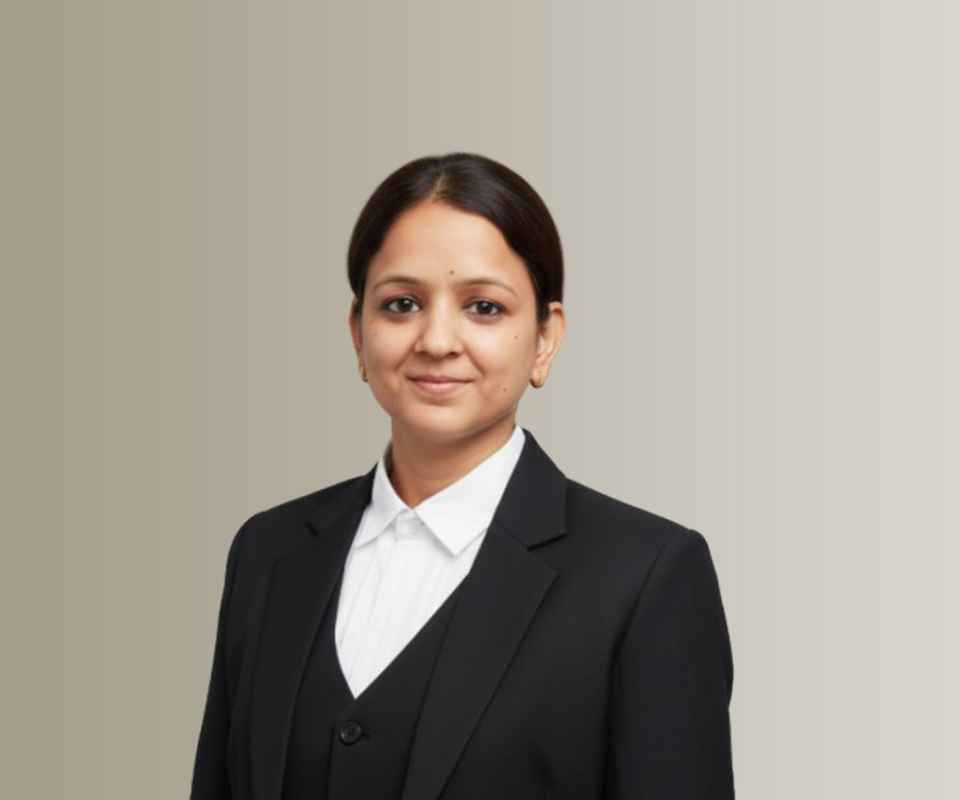Answer By law4u team
In India, the adoption process is regulated by different sets of laws, each of which sets specific age requirements for adoptive parents. The Hindu Adoption and Maintenance Act (HAMA), the Juvenile Justice (Care and Protection of Children) Act, 2015 (JJ Act), and guidelines set by the Central Adoption Resource Authority (CARA) all outline specific age restrictions. These rules ensure that adoptive parents are capable of providing proper care, security, and emotional support to a child.
Age restrictions are in place to balance the needs of the child with the ability of the adoptive parents to meet those needs, considering factors like the parents' age, health, and financial stability.
Age Restrictions for Adoptive Parents:
Under the Hindu Adoption and Maintenance Act (HAMA), 1956:
The Hindu Adoption and Maintenance Act (HAMA) governs adoption for Hindus in India. The act has specific guidelines regarding the minimum and maximum age of adoptive parents:
Minimum Age:
- The adoptive father must be at least 21 years older than the child he wishes to adopt.
- The adoptive mother must also be at least 21 years older than the child she wishes to adopt.
Maximum Age:
- The maximum age of the adoptive parent is generally 55 years. However, in cases where the child to be adopted is below the age of 4 years, the maximum age of the adoptive parent may be extended to 60 years.
- For adoption of older children (typically over 4 years of age), the maximum age of the adoptive parent is strictly 55 years.
Couples and Individuals:
- Both single individuals and married couples can adopt under HAMA, but the age restrictions apply to the individual parent or the couple as a whole.
- In case of a couple, the age difference between the adoptive parents (husband and wife) is also considered, and typically, there should not be more than a 10-year gap between the ages of the husband and wife.
Exceptions:
In some special circumstances (such as adoption of a relative’s child), the family court may exercise some flexibility regarding the age criteria.
Under the Juvenile Justice (Care and Protection of Children) Act, 2015 (JJ Act):
The JJ Act governs adoption in India for all communities, including non-Hindus, and sets the following age restrictions for adoptive parents:
Minimum Age:
- An adoptive parent must be at least 25 years old.
- If the adoptive parents are a couple, then the minimum combined age of the couple must be at least 50 years. In such cases, the individual age difference between the husband and wife should not exceed 45 years.
Maximum Age:
- The maximum age for an adoptive parent under the JJ Act is typically 55 years.
- However, if the child being adopted is older (say, 4 years or above), the maximum age limit for the adoptive parent can go up to 60 years.
Single or Couple:
- Both single individuals and married couples can adopt under the JJ Act.
- The age difference between the adoptive parents should generally not exceed 45 years.
Other Considerations:
- The adoptive parents must also demonstrate their ability to provide emotional, financial, and physical care for the child.
- The adoptive parent must be in good health, both physically and mentally.
Under the Special Adoption Agency (SAA) Guidelines by CARA:
The Central Adoption Resource Authority (CARA), which oversees adoption in India, provides guidelines to adoption agencies. CARA follows the JJ Act's rules on age requirements but also provides additional criteria for adopting parents:
Minimum Age:
- Single adoptive parents must be at least 21 years older than the child they wish to adopt.
- For a couple, the combined age of the parents should be at least 50 years, with a maximum difference of 45 years between the husband and wife.
Maximum Age:
- Adoptive parents must generally be under 55 years of age to adopt a younger child.
- For older children (over 4 years of age), the maximum age limit is extended to 60 years.
Other Factors Considered by Courts:
While age is a primary factor, courts also consider the following before allowing an adoption:
- The health and fitness of the adoptive parents.
- The emotional maturity and ability of the parents to care for the child.
- The financial stability of the adoptive parents to provide for the child’s needs.
- The nature of the child’s needs, especially for children with special needs or older children who may require more care and attention.
Special Circumstances:
Adoption of Relatives:
In some cases, particularly in relative adoptions, courts may exercise some flexibility in terms of the age restrictions. For instance, if a person wishes to adopt the child of a close relative (such as a niece or nephew), the court may take into account the relationship and the specific circumstances of the adoption.
Adoption of Special-Needs Children:
For adopting children with special needs, age restrictions may be more flexible, as the need for experienced and capable caregivers is often prioritized over strict age limits.
Example:
If a couple (husband aged 30 and wife aged 32) wishes to adopt a 3-year-old child, the combined age of the couple (62 years) would exceed the age limit of 55 years as per the JJ Act. However, in some special cases, courts might allow this adoption if they find the couple suitable based on their health, financial condition, and the child’s needs.
Conclusion:
In India, age restrictions for adoptive parents vary depending on the legal framework under which the adoption is processed. Under the Hindu Adoption and Maintenance Act (HAMA), adoptive parents must be at least 21 years older than the child, with a maximum age of 55 to 60 years, depending on the child's age. Under the Juvenile Justice Act (JJ Act), single parents must be at least 25 years old, and the combined age of a couple should be at least 50 years. The maximum age for adoptive parents is typically 55 years, though it can extend to 60 years for older children. Courts also consider the emotional and financial readiness of the adoptive parents, particularly for children with special needs or when adopting older children.







